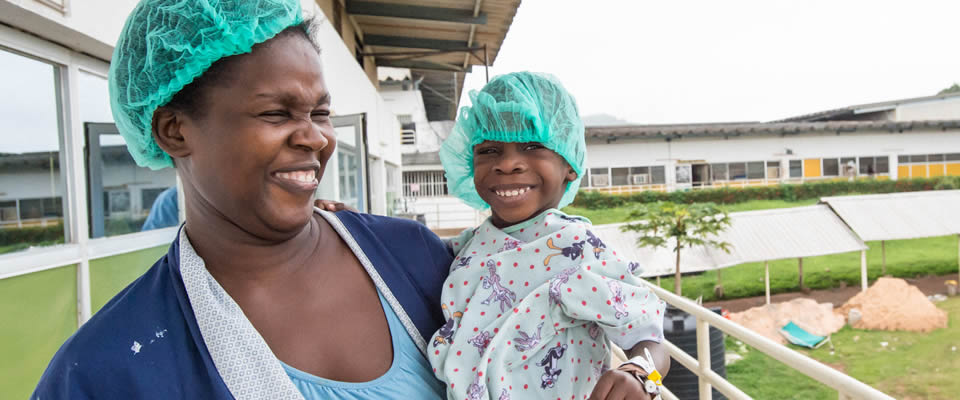Cardiac surgery programs demand safety awareness in several major systems. CardoStart’s mission is to educate and assist local medical teams in providing heart surgery and cardiac services to adults and children in underserved regions of the world. Their vision is a world where access to cardiac care can be realized by everyone.
CardioStart has partnered with Southtowne’s medical supplies and equipment program to bring better heart care world wide.
CardioStart volunteers assist with and teach adult and pediatric heart surgery, provide clinic support, and major equipment donations. A small section of the group focuses on volunteer assistance toward orphanage organizations. Many of the children seen by surgeons are from orphanages. Some children are transferred to the United States for care. CardioStart teams have been a part of over 65 work missions in 33 countries since 1987.
One heart center in the US serves 120,000. In Africa, one center serves 33 million and in Asia, 16 million. As a result, the instance of death in these areas is dramatic. Most “routine” cardiac care and surgeries aren’t available in countries with little resources for healthcare. With a team of local physicians, nurses and allied staff, CardioStart is able to help build patient care and treatment routines to be sustained after CardioStart leaves. The goal is to develop standards that match advanced centers elsewhere.
A new program being started focuses on safety and prevention of errors. Threats include sub-standard data, poor operative technique, poor choice of operation, ill-considered timing strategy, ignoring gender differences, and taking risky shortcuts to reduce expense. Human error in medicine is a concern. In the US, up to 98,000 die each year as a result of human error.
Programs are currently working in many countries including Dominican Republic, Ecuador, Ghana, Honduras, Myanmar, Nepal, Nigeria, Peru and Tanzania.
Ward preparation standards are rigorously taught and practiced, including Review of Echo with cardiologist, gurney transport, relatives identified and spoken to, admission process, etc. Room preparation issues are also taught.
The general wards in these countries are terrible because of the stench, crowding, etc.
Various challenges include the availability of blood transfusions (many people have to be turned away because there is no blood available), proper administration of anesthesia, handling of electrical supplies, adequate lighting, and perfusion issues. Labeling and management of shifts/duties is another issue that often arises. Pain control and family contact is a very difficult issue that is emphasized, and CardioStart attempts to help each center embrace excellence in these areas.
Developing relationships and confidences with the staff at each center is essential. When CardioStart leaves, staff must feel empowered, in charge, qualified and happy to do their job. They also must be capable of developing adequate inter-personal skills so that patients feel well cared for. Complaints come primarily from unprofessional conduct and incorrect application of care.
CardioStart emphasizes a team approach and the encouragement of all professionals at each center. They stress routine documentation and the importance of self audits and guarding against basic mistakes.
CardioStart welcomes collaboration on obtaining medical supplies, as well as supporting the expenses of each project.
Visit the CardioStart website by clicking here.

